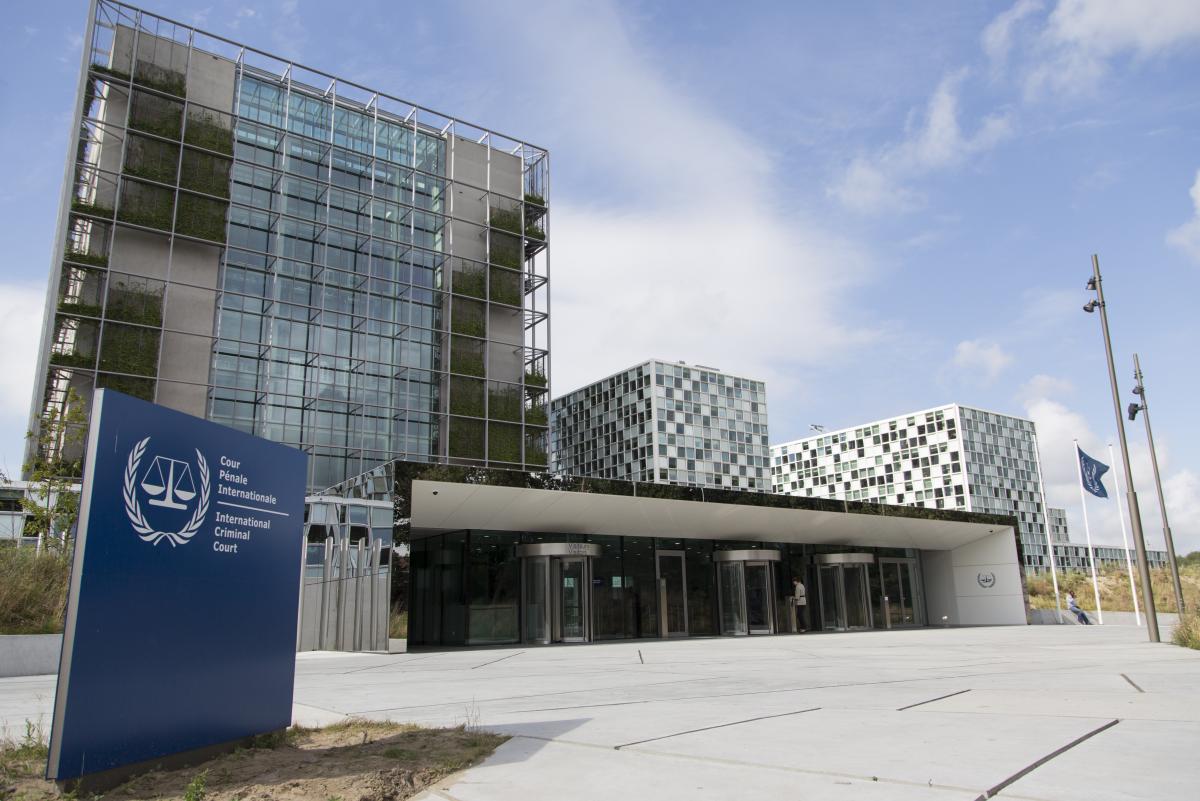Call by the Registry of the ICC for experts on reparations for victims within the framework of reparations proceedings in the case of The Prosecutor v. Bosco Ntaganda

1. Pursuant to rule 97(2) of the Rules of Procedure and Evidence and regulation 110(2) of the Regulations of the Registry, the Registry of the International Criminal Court hereby launches a call for experts to assist the Court with reparations in the case of TheProsecutor v. Bosco Ntaganda ("Case"), in compliance with the order issued by Trial Chamber VI ("Chamber") on 5 December 2019 ("Order"). In the Order, the Chamber set a timeline in relation to reparations and ordered the Registry to identify three or more experts with expertise in the matters listed under paragraph 3 below.
2. The Registry notes that the Chamber may appoint competent experts to be included on the list of experts that the Registry maintains pursuant to regulation 44 of the Regulations of the Court. The Chamber may do so if their expertise is deemed necessary to assist it in determining the extent of any damage, loss and injury to or in respect of victims and to suggest various options concerning the appropriate types and modalities of reparations.
3. In relation to reparations in the Case, the Registry is calling in particular for experts with expertise in the matters listed below, with a focus on the specific circumstances of the Ntaganda case:
the scope of liability of the convicted person;
the scope, extent, and evolution of the harm suffered by both direct and indirect victims, including the long-term consequences of the crimes on the affected communities and including the potential cost of repair;
appropriate modalities of reparations; and
sexual violence, in particular sexual slavery, and the consequences thereof on direct and indirect victims.
4. Anyone wishing to be included on the list of experts drawn up by the Registry must therefore meet the following criteria:
proven expertise and wide experience in a variety of matters relating to reparations and, in particular, those listed under paragraph 3 above;
proven competence in the relevant matter recognised nationally, regionally and/or internationally;
ability to act independently and impartially when performing duties;
fluency in at least one of the Court's two working languages (French and English); knowledge of the local languages spoken by the affected communities in this case will be considered an asset;
familiarity with the context of the Court's operations, including an understanding of the affected communities, local and regional dynamics, stakeholders and local programmes or initiatives, will be considered an asset.
5. Availability will also be a key factor in the Court's determination. The period in question spans from 14 February 2020 (when the Registry is instructed to submit its proposed list of experts) until 28 August 2020, when the experts' report is due to be filed before the Chamber.
All interested experts are requested to send the following documents by
19 January 2020 to the Court at:
[email protected]:
a detailed curriculum vitae;
a letter of motivation, including area of expertise and wish to be included on the Court's list of experts; and
all relevant documents establishing years of experience in the area of expertise and, where applicable, inclusion on (other) lists of experts.
Persons included on the Registry's list of experts shall, if appointed, act in their personal capacity. Candidates who occupy positions of responsibility in a government or in governmental organisations will not be included on the list of experts if those responsibilities are likely to place them in a situation of conflict of interest.